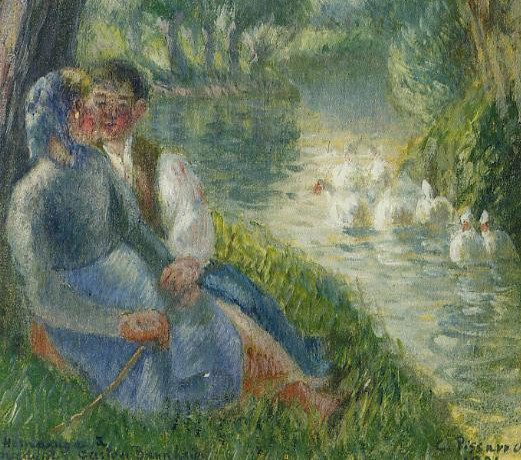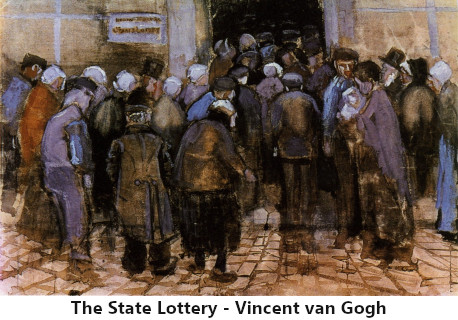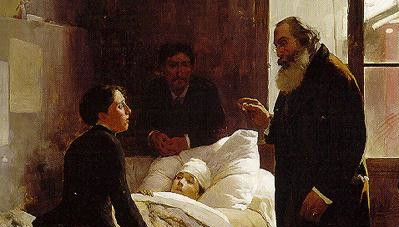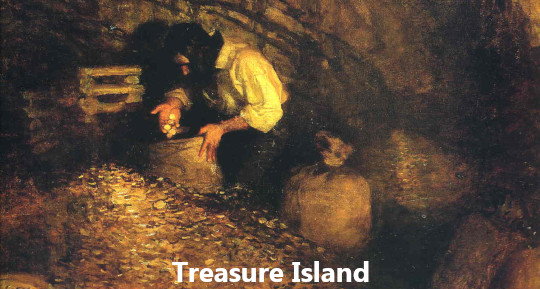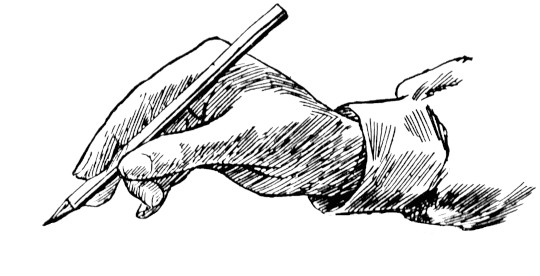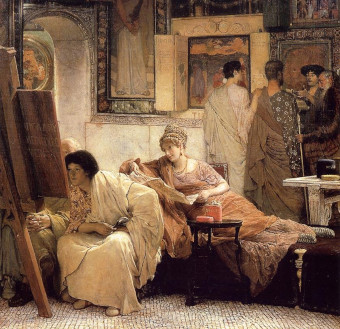H. L. Mencken? Arthur Stanwood Pier? L. Curry Morton? Life Magazine? Sylvester K. Stevens? Anonymous?
Question for Quote Investigator: A startling and funny depiction of a politician has been constructed by mixing two vivid metaphors:
A politician is an animal who can sit on a fence and yet keep both ears to the ground.
This remark has been credited to the influential Baltimore curmudgeon H. L. Mencken. Would you please explore this topic?
Reply from Quote Investigator: When faced with a significant decision some people refuse to make a commitment. These indecisive people inspired three eloquent figurative phrases: “sitting on the fence”, “standing on the fence”, and “straddling the fence”. Widespread use of these phrases occurred in the nineteenth century.
People who carefully monitor trends and listen to rumors inspired the descriptive phrase “keeping an ear to the ground” which also achieved widespread use in the nineteenth century. Eventually, a physically impossible version emerged: “keeping both ears to the ground”.
The comical remark under examination evolved over time as the metaphors were combined, enhanced, and applied to politicians.
In 1901 teacher and novelist Arthur Stanwood Pier published “The Sentimentalists”. During one scene the character Virginia criticized her brother Vernon. She comically combined five different figurative phrases. Boldface added to excerpts by QI:1
“You’re always straddling a fence, with one ear to the ground to see which way the wind blows,” said Virginia. “It’s a picturesque attitude, but you don’t get much leverage. You’d do better if you came out into the open and showed your hand.”
“My sister talks like a monologue artist in a vaudeville show,” complained Vernon.
The above instance cleverly combined metaphors, but it referred to one ear and not two. Also, the remark was not applied to politicians in general.
Below are additional selected citations in chronological order.
Continue reading “Quote Origin: A Politician Straddles the Fence With Both Ears To the Ground”
